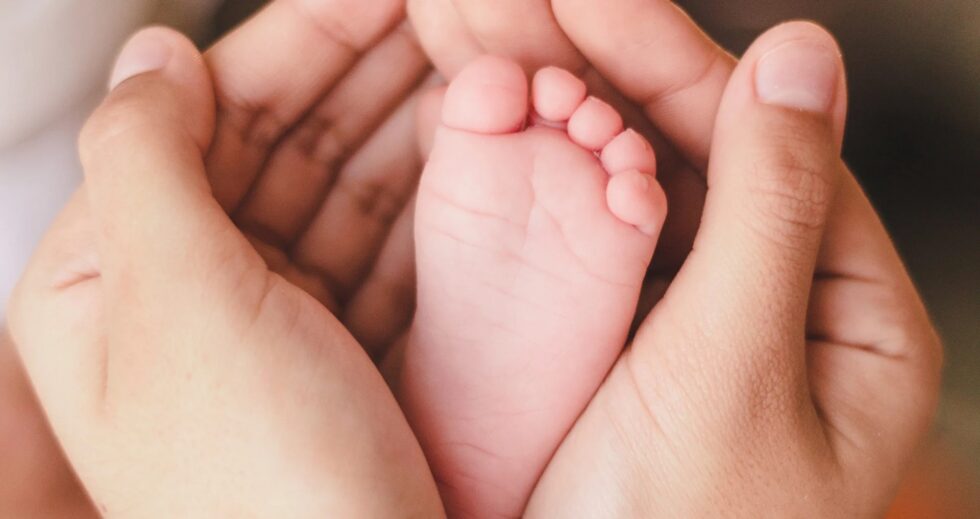
As the cost of living crisis continues to impact households across the nation, Smart Cells’ research estimates that parents will spend an average of £7,850 in the first year alone. From car seats to cribs, these expenses quickly add up, but there are ways to make smart savings along the way.
One unavoidable cost is ensuring a baby’s safety while travelling. An infant car seat is a non-negotiable item, with some hospitals requiring newborns to be safely secured in one before they leave. Safety experts recommend buying new to avoid any risk of damage from previous use. Prices range widely from £60 to £400, with the average cost settling at £150.
Another big-ticket item is the pushchair. Whether opting for a simple stroller or an all-in-one travel
system, parents can expect to pay anywhere between £120 and £2,000. Smart Cells found that most families spend around £490 for a reliable option. Some also choose a baby carrier, which averages at £50.
When it comes to sleep, safety is paramount. Newborns need a clean, firm mattress and a cot or Moses basket for their early months. While a Moses basket can cost as little as £25, the average price sits at £45. Parents often invest in a bedside cot, averaging £150, before transitioning to a full-sized cot or nursery set later on, with nursery furniture coming in at around £700.
Feeding is another major consideration. Although breastfeeding is often considered “free,” associated costs like nursing bras and breast pads add up to around £120, with breast pumps averaging £100. For formula-feeding parents, expenses can quickly climb to £720 in the first year alone, while bottles and sterilising equipment add another £120.
Then there’s weaning. Once babies hit the six-month mark, highchairs become a necessity. These range from £15 to £200, with most parents spending about £100. Food costs also increase, adding roughly £30 per month to the grocery bill.
Despite the mounting costs, there is a silver lining. In September 2025, the final stage of the government’s expanded childcare funding will come into effect, potentially reducing the overall financial burden by around £2,000 for parents who require childcare.
Smart Cells’ research highlights not only the rising costs but also ways parents can make savvy choices. Second-hand furniture, bundle deals, and keeping an eye out for sales can help reduce expenses without compromising on safety or quality.
Raising a child is priceless, but being prepared for the financial impact is crucial. As 2025 unfolds, Smart Cells’ insights provide a valuable guide for parents navigating the early days of parenthood — offering not just a breakdown of costs, but practical tips to help make those precious first months a little more affordable.





